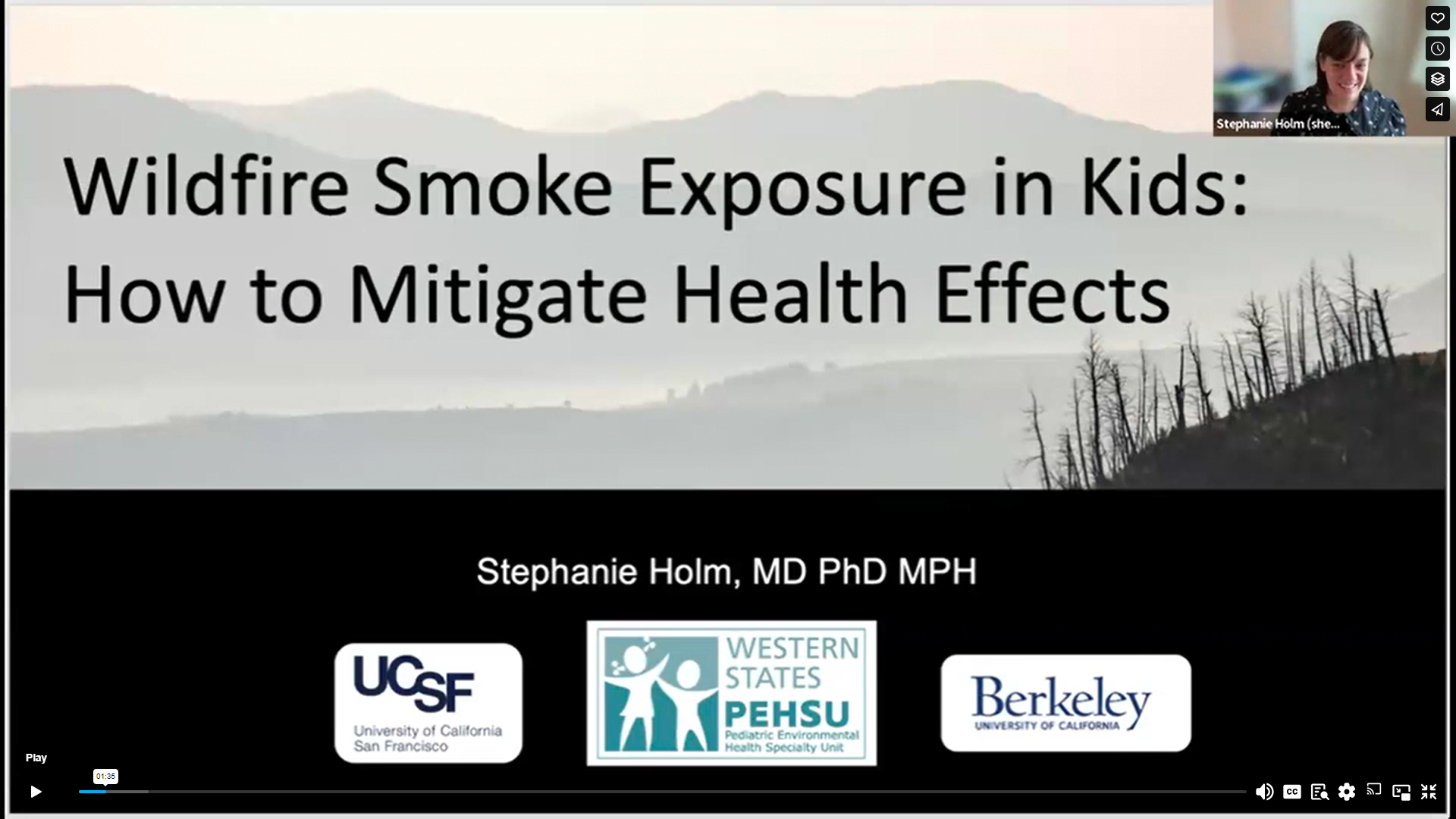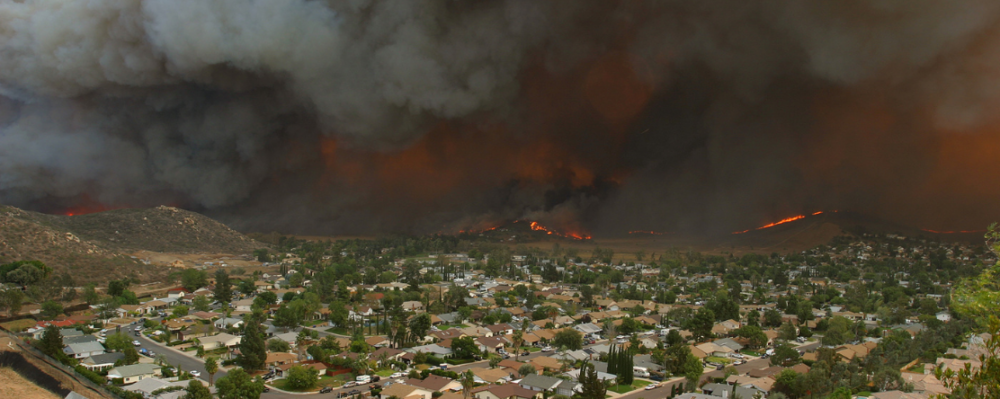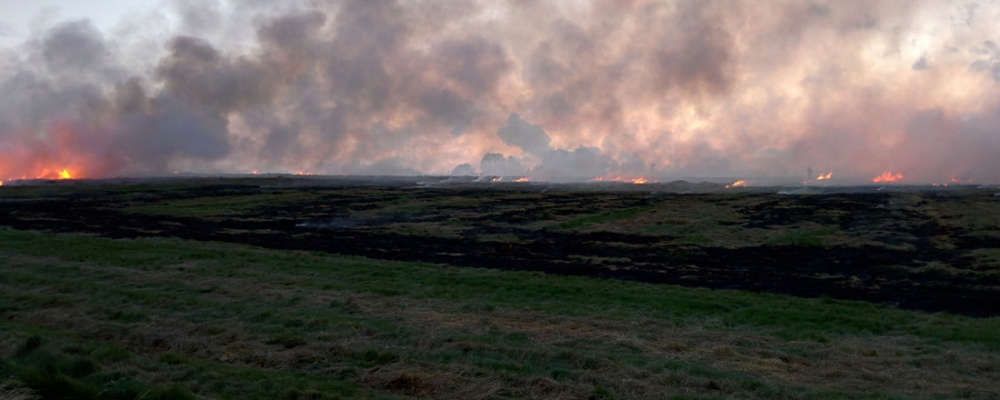
Webinar Recording: Wildfire Smoke Exposure in Kids & How to Mitigate Health Effects
-
Focus Areas
Environmental Health -
Issues
Climate Change, Wildfires & Extreme Heat -
Expertise
Health Education & Promotion -
Programs
Regional Asthma Management and Prevention Program
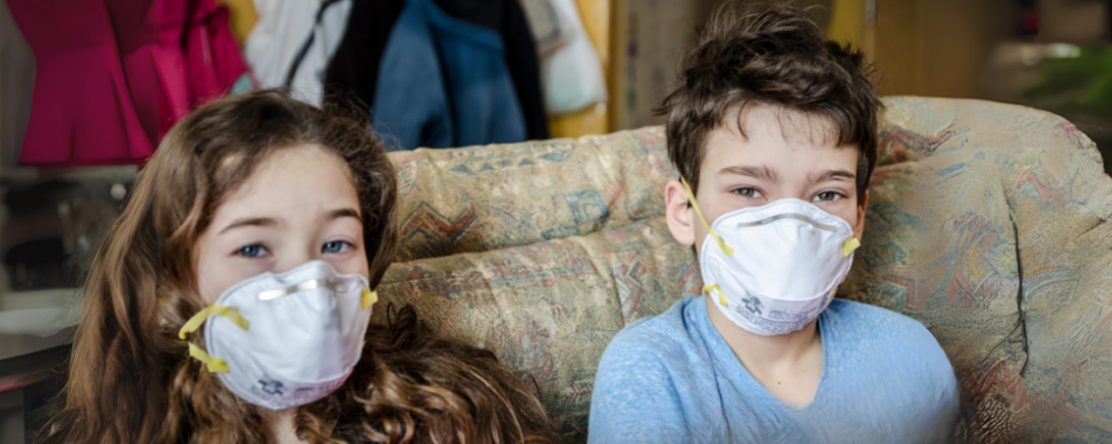
As of August 2024, California’s wildfire season has already burnt 30 times as many acres as the year before. Wildfires are also burning in 10 additional states and Canadian provinces.
In early August 2024, PHI’s Regional Asthma Management and Prevention (RAMP) program hosted a convening on wildfire smoke updates and resources for community health workers (CHWs) and other asthma home visitors.
In this webinar, speakers discussed the health effects of wildfire smoke, why children are especially vulnerable, and public health considerations, including how to know if the air is bad and what type of masks and respirators to use.
RAMP’s Anne Kelsey Lamb provided air cleaner guidance and Stephanie Holm, the Co-Director of the Western States Pediatric Environmental Health Specialty Unit, presented on the latest wildfire smoke research.
Watch the recording:

Research shows that even extremely low levels of ozone can exacerbate asthma, so we recommend only using mechanical air cleaners, which emit no ozone.Anne Kelsey Lamb
Director, Regional Asthma Management and Prevention, Public Health Institute
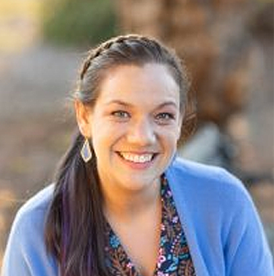
If you have [wildfire smoke] that is creating cell damage and DNA damage that builds up overtime and causes effects way down the road. If you are six, you have a lot more time for that to happen... During periods of rapid growth and rapid change, kids are especially sensitive. Your lungs, for example, grow a lot in utero, a lot in the first few years of life, but there's still growth happening throughout adolescence.Stephanie Holm
Co-Director of the Western States Pediatric Environmental Health Specialty Unit
Work With Us
You change the world. We do the rest. Explore fiscal sponsorship at PHI.
Support Us
Together, we can accelerate our response to public health’s most critical issues.
Find Employment
Begin your career at the Public Health Institute.
